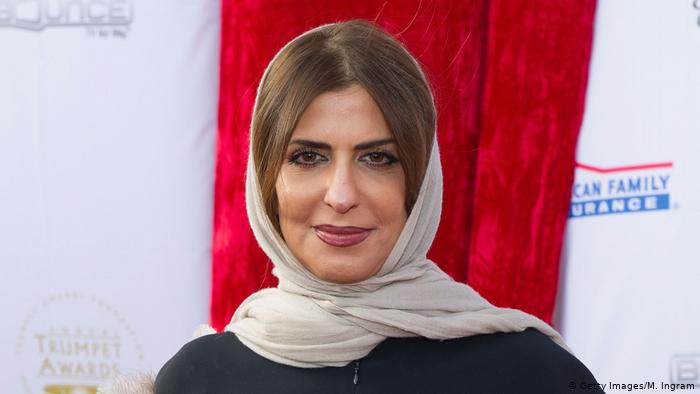
In 6 April 2020, the United Nations Special Procedures sent a communication to the Kingdom of Saudi Arabia concerning potential human rights violations in the case of Princess Basmah bint Saud bin Abdulaziz al-Saud and her daughter, Suhoud al-Sharif.
The communication alleges that Saudi authorities prevented Princess Basmah and her daughter from travelling to seek medical attention for her daughter’s health condition, that they were subsequently disappeared for a period of approximately one month, and that they are presently held at the Ha’ir prison in Riyadh without charge.
According to the information received by the Procedures, Princess Basmah, a political and social activist based out of London until 2015 and presently based out of Saudi Arabia, was attempting to travel to Switzerland on 28 February 2019 with her daughter to obtain medical attention for her daughter’s heart condition. She had received advice from two independent doctors in Saudi Arabia that such treatment would be either useful or necessary, and was attempting the trip by means of air ambulance. When the ambulance requested permission to depart, however, the Saudi aviation authorities grounded the ambulance without providing reason. Subsequent attempts to obtain permission to leave the country were unsuccessful.
On 1 March 2019, a group of plainclothes men surrounded Princess Basmah’s house and interfered with her security system designed to record potential intruders. They waylaid Princess Basmah as she returned from the airport and promised that they would take her to a private meeting with the King, Instead they transported her and her daughter to Ha’ir Prison. They did not provide her with any reason for her arrest, nor did they present a warrant. At Ha’ir, Princess Basmah and her daughter remained incommunicado until early April, when she was finally allowed to contact a member of her family.
There do not appear to be any charges against Princess Basmah, but it is believed that her arrest may be in retaliation against her social advocacy for the respect of human rights and for constitutional reform in her country. Princess Basmah has been a critic of the government for nearly a decade. The Government of Saudi Arabia has a history of detaining or even executing its critics; many human rights defenders, such as Waleed Abu al-Kheir or Salman al-Oudah, and even those campaigning for women’s rights, including Loujain al-Hathloul, have been imprisoned and tortured in retaliation against their campaigns for social reforms.
Also, since the assumption of Crown Prince Mohammed bin Salman, the government launched a series of arrests of princes and people close to the ruling family. These arrests were arbitrary and lacked of justice, as they were not transferred to the judiciary or subjected to a trial, and they spoke of torture.
Princess Basmah appears to be in poor health, and the government has been compelled to transfer her to a hospital several times over the course of her detention. In light of the COVID crisis currently speculated as being present and flouring in Saudi Arabia’s prisons, the Rapporteurs expressed hope that Princess Basmah might be released, pending her eventual trial.
ESOHR believes that the Princess Basma case, raised by the Special Rapporteurs, shows the nature of the Saudi regime’s dealings with all the voices that criticize it or demand reforms even if it is within the ruling family, which also shows the unilateral nature of government and the lack of any justice horizon. ESOHR affirms that the arrest of Princess Basma and her daughter shows that King Salman bin Abdulaziz and his son, Crown Prince Mohammed bin Salman, are directly responsible for all violations of arbitrary arrests, unfair trials, and denial of the right to self-defense.
